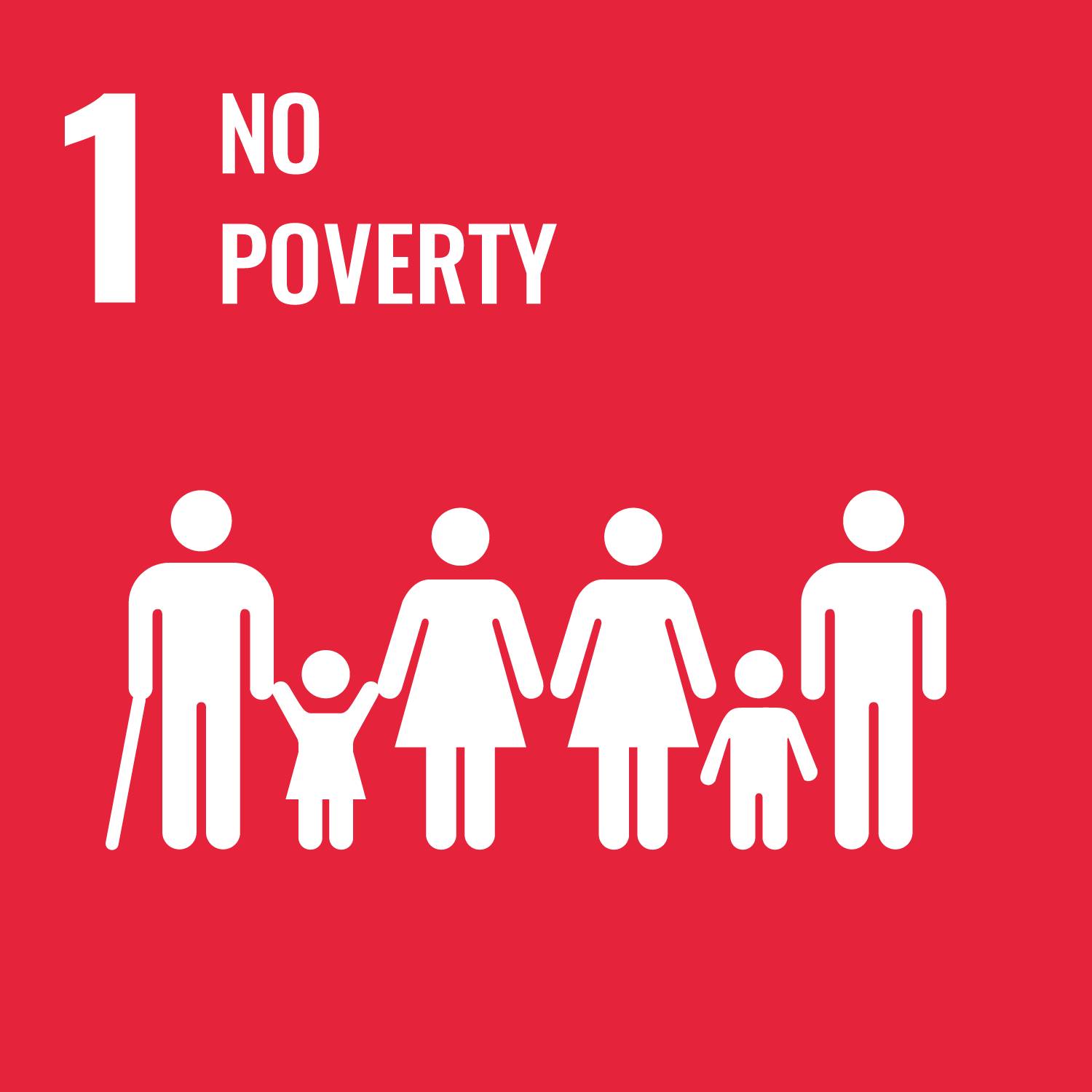This article presents the findings of a discourse analysis of 12 research projects and conference forums pertaining to the lived experiences of indigenous and non-indigenous transgender Australians between 1994-2012. The article argues that while non-indigenous and indigenous transgender Australians experience similar challenges, but that indigenous transgender Australians experiences are compounded by racism in the Australian community in general, and transphobia within indigenous communities.
The author conducted a discourse analysis with a poststructuralist lens of five research projects discussing transgender populations in Australia, and seven research projects, conferences, and forums specifically on indigenous transgender Australians. The five research projects were chosen as they mapped out the health and well-being status of transgenderism in Australia, which was used as a baseline to compare issues facing indigenous transgender Australians.
The research found that all transgender Australians live with economic instability, especially in regards to housing and employment when compared to cis gender Australians, with a smaller-than-average proportion of transgender Australians owning their own homes. Social exclusion was also a common experience and was linked to mental health issues. Mental ill-health including self-harm was reported across the studies. Transgender Australians face verbal, physical and sexual abuse.
In addition to the above themes, a dearth of data on indigenous Australians’ experiences was also noted. The paper presents the findings of the five Anwernekenhe conferences, including that aboriginal organisations had not, nationally, been effective in addressing the needs of gay, bisexual, trans and HIV positive populations. Issues specific/more common to indigenous transgender Australians are discussed, including HIV, alcohol and substance abuse, physical and sexual abuse and community engagement.
The discussion portion of the article highlights the racism and transphobia that transgender indigenous Australians face, including racism from within the diverse SOGIESC community and transphobia within their indigenous communities. The article argues that by coming together around the terms and identities ‘sistergirl’ and ‘brotherboy,’ indigenous transgender Australians are better able to face the intersecting forces of racism, transphobia, and social exclusion.








